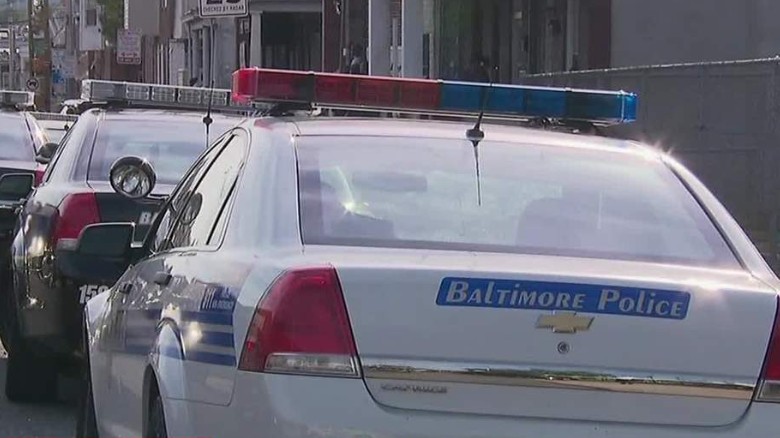Baltimore is seeing its deadliest month in 15 years after an outbreak of Memorial Day weekend violence left nine people dead in 29 shootings.
So far, Baltimore has tallied 35 homicides this month, police said.
The last time Baltimore saw that many homicides was December 1999, police said.
The only month to surpass 35 homicides was the prior month, November 1999, when 36 homicides were recorded, according to police statistics since 1999. That year was also Baltimore’s deadliest in the past 16 with 305 homicides, police figures show.
Council member Mary Pat Clarke believes this month’s violence is a legacy of the riots and unrest over the death of Freddie Gray after being in police custody in April.
The riots triggered fires and looting in April, and at least 20 officers were injured in the melee. Gov. Larry Hogan declared a state of emergency and dispatched the National Guard to address the unrest.
“It was an earthquake kind of time, and I think we’re still dealing with the aftershock,” Clarke said, according to CNN affiliate WJZ.
Are police staging a work slowdown?
The latest homicide statistics arrive amid reports that Baltimore police officers have lost confidence in the chain of command and that officers have coordinated a work slowdown by not talking to community members and showing less initiative. The drops in arrests and increase in murders are the result of officers refusing to follow their marching orders, according to one Baltimore officer who spoke with CNN.
Last week, a Baltimore grand jury indicted six officers in the case of Gray, who was arrested on a weapons charge on April 12 but suffered a severe spinal cord injury in police custody that led to his death seven days later. Police took Gray into custody by putting him into a transport van, and police have acknowledged that Gray wasn’t buckled into a seat belt while being transported.
The officers face a range of charges from involuntary manslaughter to reckless endangerment, but the driver of the transport van, Caesar Goodman, will face the most severe charge of second-degree depraved heart murder.
In a interview with CNN earlier this month, Police Commissioner Anthony Batts attributed the spike in murders to additional gang violence, not a slowdown.
“I hope that there is not a slowdown and what kind of message that sends to the community and to the government if that’s the case,” Batts said.
The numbers are up, Batts said, because “multiple people” have been “shot in groupings … leading us to believe there is a gang nexus to the shootings that have taken place.”
‘We can’t tolerate this’
Mayor Stephanie Rawlings-Blake found the trend distressing and said additional police would be sent to communities with the most crime.
The mayor held an emergency meeting Sunday with police commissioner and command staff to address escalating violence, the station reported.
“We can’t tolerate this … on any level,” the mayor said, according to the outlet. “My hope is the police will have the support they need from the community to be able to get some answers and bring some of these individual(s) to justice.”
Police Commissioner Batts said getting answers and community help won’t be easy, the station reported.
“We can’t demand that of citizens. We have to go out and earn their trust,” Batts said, according to the affiliate.
‘Tragedy unfolding in our backyard’
Cornell William Brooks, president and CEO of NAACP, said the community and the police need to work together to reduce the violence. The NAACP, a civil rights group, is headquartered in Baltimore.
“Well, this is a tragedy unfolding in our backyard, the hometown of the NAACP,” Brooks said. “We don’t know why we see this horrific spike in murders and shootings.
“There is no excuse, none whatsoever for any kind of slow down or work stoppage,” Brooks said. “The officers have taken an oath, and that oath is not to be abdicated.”
But CNN law enforcement analyst Tom Fuentes said officers may be thinking twice about taking risks and showing aggressive policing in the wake of prosecutors filing charges against so many officers in the Gray case.
“These are legitimate concerns that the police have of being backed, trying to stop these murders that are in the streets,” said Fuentes, a former FBI assistant director.
He also urged the community and police to engage in a discussion about public safety.
“This is a crisis that’s being manufactured, I think, by the fact the community is not supporting the police,” Fuentes said.
Overall this year, police report that Baltimore’s homicides amount to 108 so far this year, compared with 79 at the end of May 2014, police figures show. There have also been 205 nonfatal shootings so far this year, compared with last year’s figure of 115, the affiliate said.



